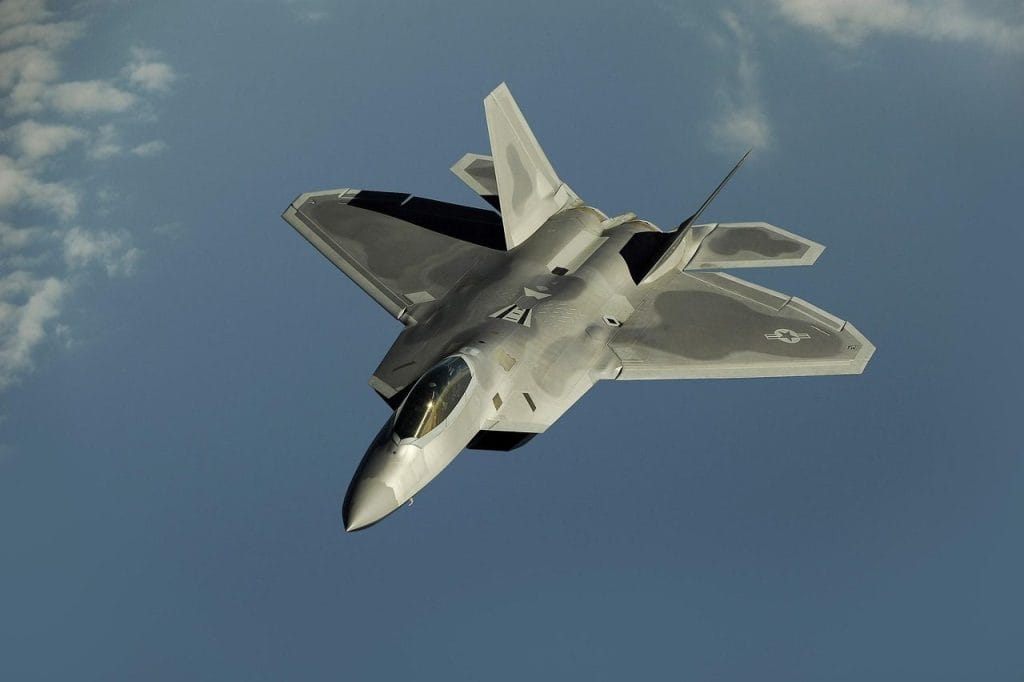In a move towards embracing cutting-edge technology in the aviation industry, a major operator at Billy Bishop Toronto City Airport is gearing up to welcome electric aircraft.
At a press event on Monday morning, officials unveiled an electric model of an advanced air mobility (AAM) aircraft by U.S.-based Beta Technologies.
The ALIA COTL aircraft, designed to accommodate five passengers and 200 cubic feet of cargo, boasts a range of 336 nautical miles and a top speed of 153 knots. With a quick charging time of under an hour, it offers efficient operation. Additionally, the ALIA VOTL model, with similar features, can take off vertically apart from conventional takeoffs.
Stolport, the entity overseeing airside and groundside services at the downtown airport, also showcased a minicube charger from Beta, enabling the powering of electric aircraft and ground vehicles.
Stolport CEO Nicolas Pappalardo expressed pride in investing in sustainable aviation infrastructure, promoting economic development while looking towards a greener future. “By being proactive and creating adaptable infrastructure, we are signaling our commitment to sustainable flight and positioning ourselves as an eco-friendly hub for the next generation,” he emphasized.
Pappalardo highlighted the proximity of Toronto to Beta’s Vermont office and charging network, aligning well with the company’s aircraft certification process.
Advocates of Beta’s electric aircraft emphasize the technology’s environmental friendliness, cost-effectiveness (with significantly lower operational energy costs compared to traditional aircraft), and its potential to revolutionize sectors like medical services, e-commerce, and cargo transportation.
While major Canadian passenger airlines like Porter and Air Canada, operating at Billy Bishop Toronto City Airport, have yet to adopt electric aircraft, the industry is gradually shifting towards embracing this innovation. Warren Askew, a vice-president at PortsToronto, emphasized that AAM aircraft are ideal for shorter routes, aligning with the airport’s strategic focus.
Acknowledging the initial steps towards electric aviation, Askew expressed optimism about the broader adoption of this technology, suggesting that it could soon become commonplace.
He also noted ongoing discussions about updating the governance agreement with the City of Toronto and Transport Canada to accommodate electric aircraft, emphasizing the airport’s commitment to staying at the forefront of sustainable aviation practices.

